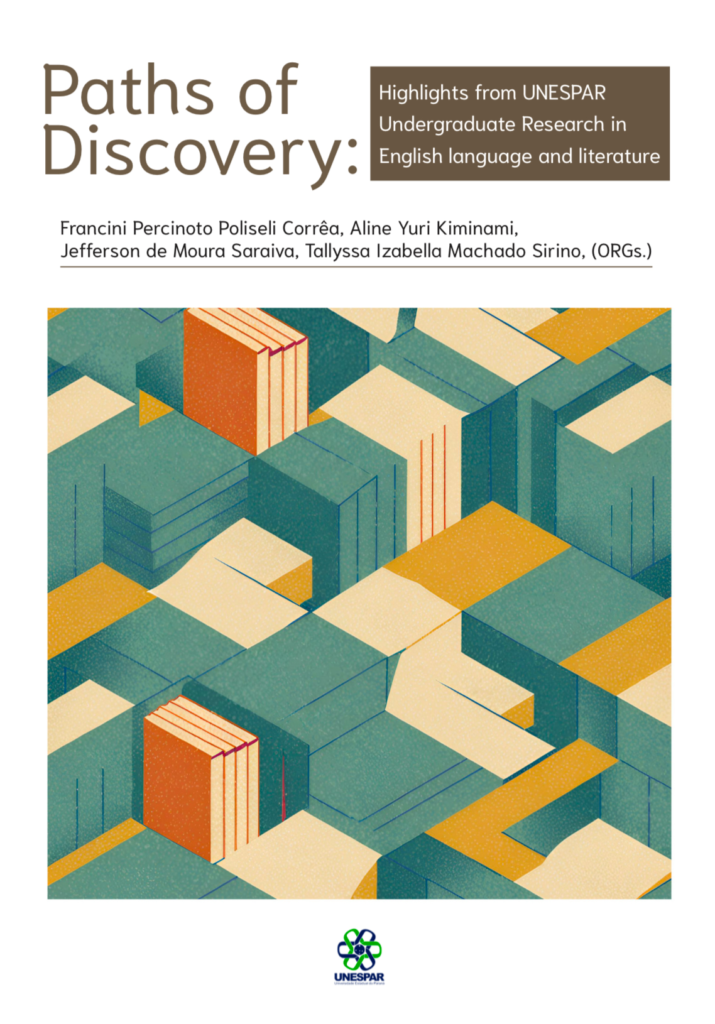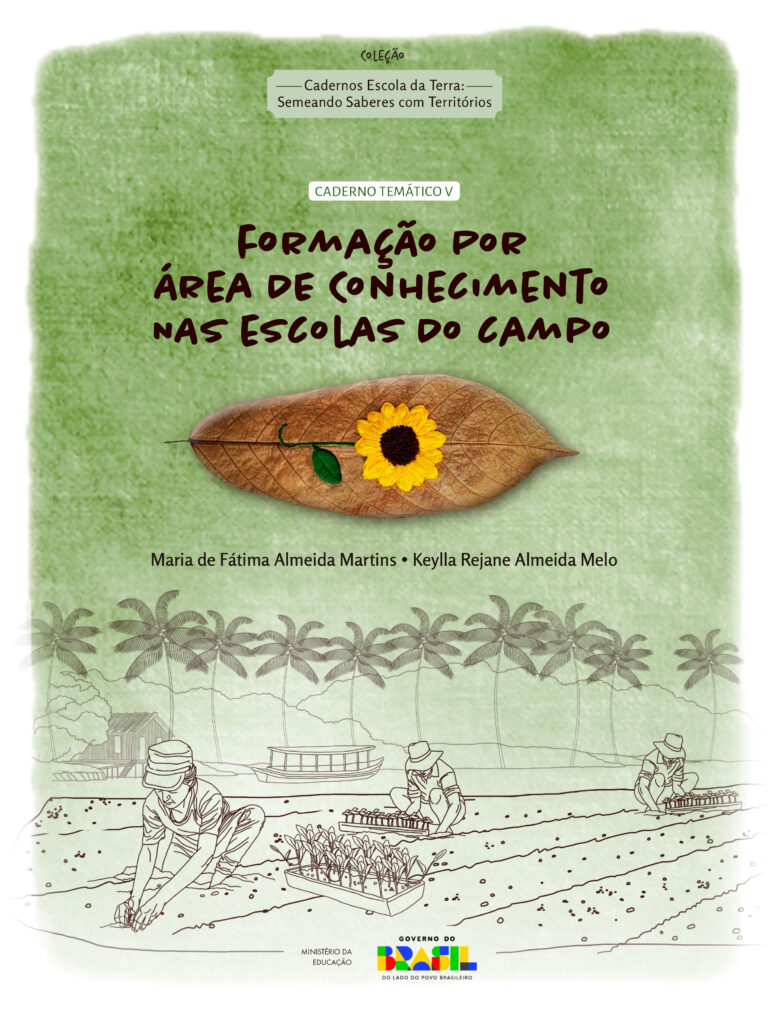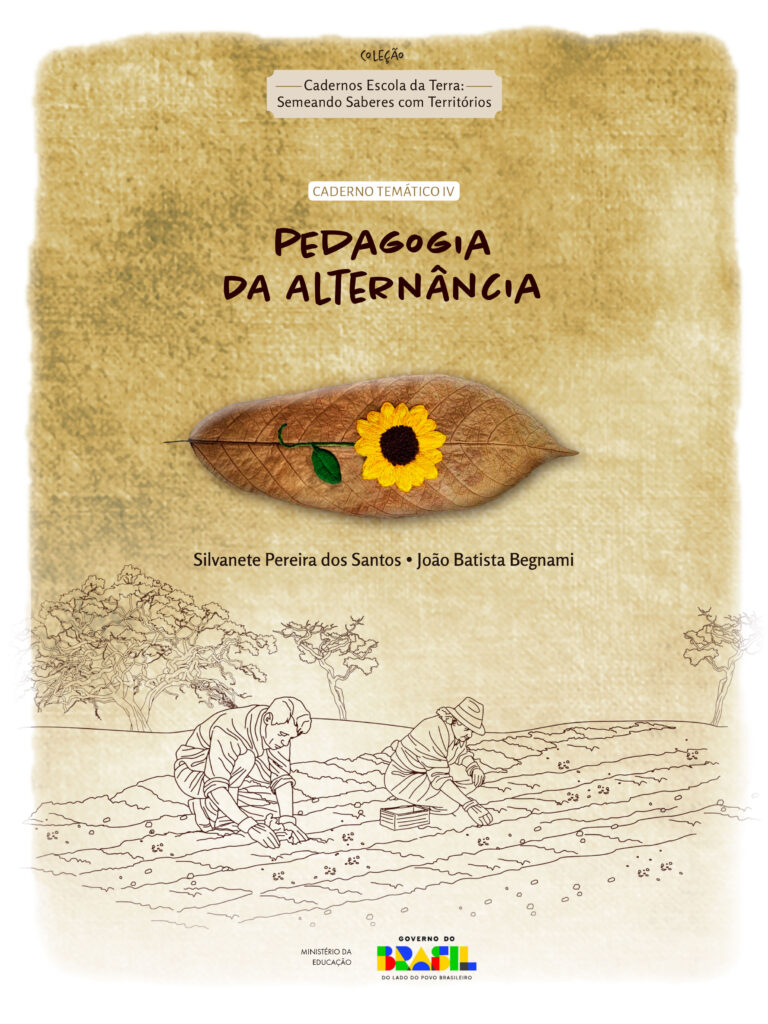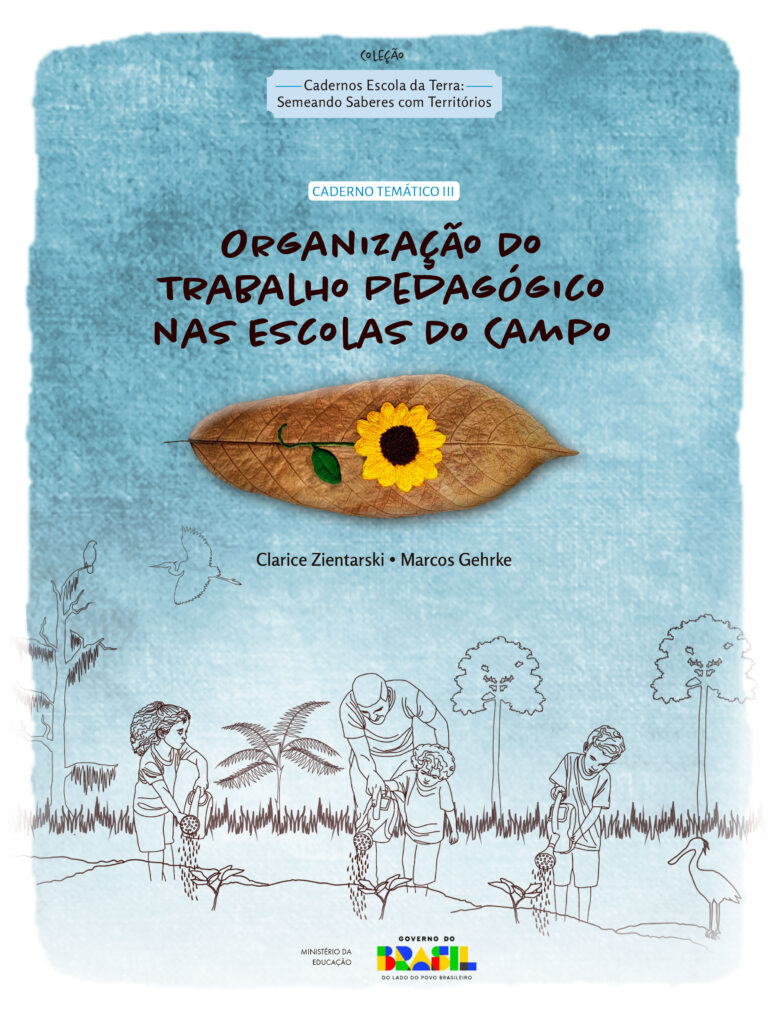Contemporary teacher education, whose crucial aim corresponds to authentic personal and professional development, ought to take into account holistic and reflective practices that directly descends from John Dewey’s educational theoretical inventory—and, consequently, from his intellectual heirs. In a groundbreaking manner, in his 1933 work How We Think: A Restatement of the Relation of Reflective Thinking to the Educative Process, Dewey posited a vital distinction between “routine action” and “reflective action”, being this latter the undisputable objective and the most reliable scaffold of educational interventions that endorse the “heightening of awareness of social justice” (Creemers; Kyrikiades; Antoniou, 2013, p. 29). Nonetheless, any teacher who is interested in Dewey’s educational approach and philosophy cannot overlook his organic postulate regarding the importance of experience in the construction of meaning. Both experience and meaning are entwined, and such a Deweyan pragmatic standpoint is supposed to foster pedagogical approaches whereby young neophytes can meaningfully articulate creativity and rational strategies in order to solve daily problems.
Paths of Discovery: highlights from UNESPAR Undergraduate Research in English language and literature
- ISBN Digital: 978-65-6115-049-1
- DOI: 10.61367/9786561150491
- Ano de Publicação: 2024
- Páginas: 231




